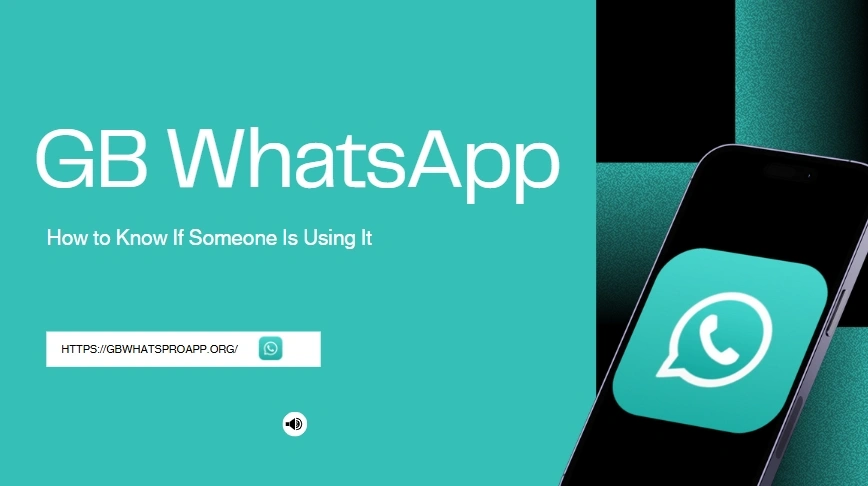How to Know If Someone Is Using GBWhatsApp
With the increasing popularity of modified messaging apps, GBWhatsApp stands out as one of the most commonly used alternatives to the official WhatsApp. It offers advanced privacy settings, customization, and features that aren’t available in the original version. But how can you tell if someone you’re chatting with is using GBWhatsApp instead of the official app?
This article will help you understand the telltale signs, behavioral clues, and technical indicators that someone may be using GBWhatsApp.
What Is GBWhatsApp and Why Do People Use It?
GBWhatsApp is an unofficial version of WhatsApp developed by third-party programmers. It runs on the same infrastructure as official WhatsApp but includes unique features such as:
- Hiding last seen and online status
- Disabling blue ticks and typing indicators
- Sending large media files
- Custom themes, fonts, and icons
- Anti-delete for messages and statuses
Many users switch to GBWhatsApp for more privacy, dual-account access, and extensive customization options.
Top Signs That Someone May Be Using GBWhatsApp
Although there’s no definitive way to identify GBWhatsApp users without direct phone access, the following clues can raise suspicion:
- They read messages but blue ticks never appear. This may suggest they’ve disabled read receipts—possible in GBWhatsApp even when seen indicators are turned off.
- You notice instant replies, but their last seen shows as hours ago. GBWhatsApp allows fake last seen timestamps and hiding online activity.
- They mention messages you deleted. This is a result of GBWhatsApp’s anti-revoke feature that prevents deleted messages from being removed on their device.
- They send automatic replies. If someone consistently sends identical, instant replies, they might be using GBWhatsApp’s auto-reply feature.
- Their WhatsApp UI looks customized in screenshots. Custom fonts, colors, and layouts are clear indicators of a modified app.
These behaviors aren’t always confirmation, but if several of them appear together, it’s likely they are using GBWhatsApp.
Can You Technically Detect GBWhatsApp?
No, there’s no built-in way on your own WhatsApp or third-party tool to technically detect if someone is using GBWhatsApp. Both GBWhatsApp and official WhatsApp use the same server infrastructure, meaning:
- You see the same “last seen” or “typing” indicators (if not hidden)
- The contact appears identical in your chat list
- The phone number and contact info are identical
One popular GBWhatsApp feature is the ability to hide your online status while still using the app normally. This means users can read and respond to messages without showing as “online” to others — something not possible with the official app unless you’re using WhatsApp Web with airplane mode tricks.
Without physical access to the device or direct confirmation, it’s impossible to confirm GBWhatsApp usage with certainty. However, these kinds of enhanced privacy behaviors — like consistently being invisible online — can suggest the use of a modded app like GBWhatsApp.
Should You Confront Someone About It?
It’s natural to be curious, especially if someone’s behavior seems suspicious. But unless it affects your communication or trust directly, using a modified app is not inherently wrong. Some people use GBWhatsApp to protect their privacy, especially in busy social or professional environments.
If it’s causing issues—like message misunderstandings or concerns about read receipts—have an honest conversation. Focus on behavior, not the app.
5. Final Thoughts: Observing Without Overstepping
While there’s no guaranteed way to identify a GBWhatsApp user, behavioral patterns like hidden statuses, unusual message behavior, and UI changes can give you strong clues. Keep in mind that many of these features are used for privacy, not secrecy.
Whether someone uses the official WhatsApp or a modified version like GBWhatsApp, what matters most is open and respectful communication. If you’re concerned about trust, it’s better to address the concern directly rather than focus only on the platform they’re using.

